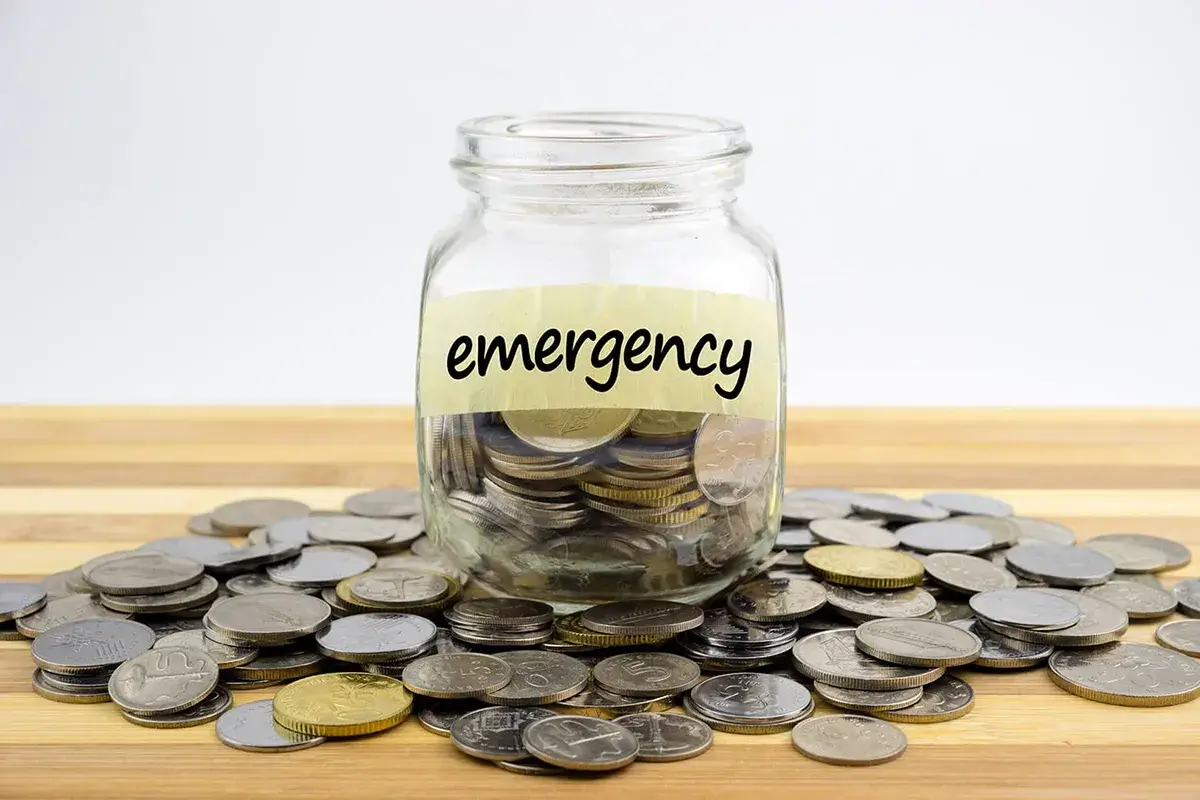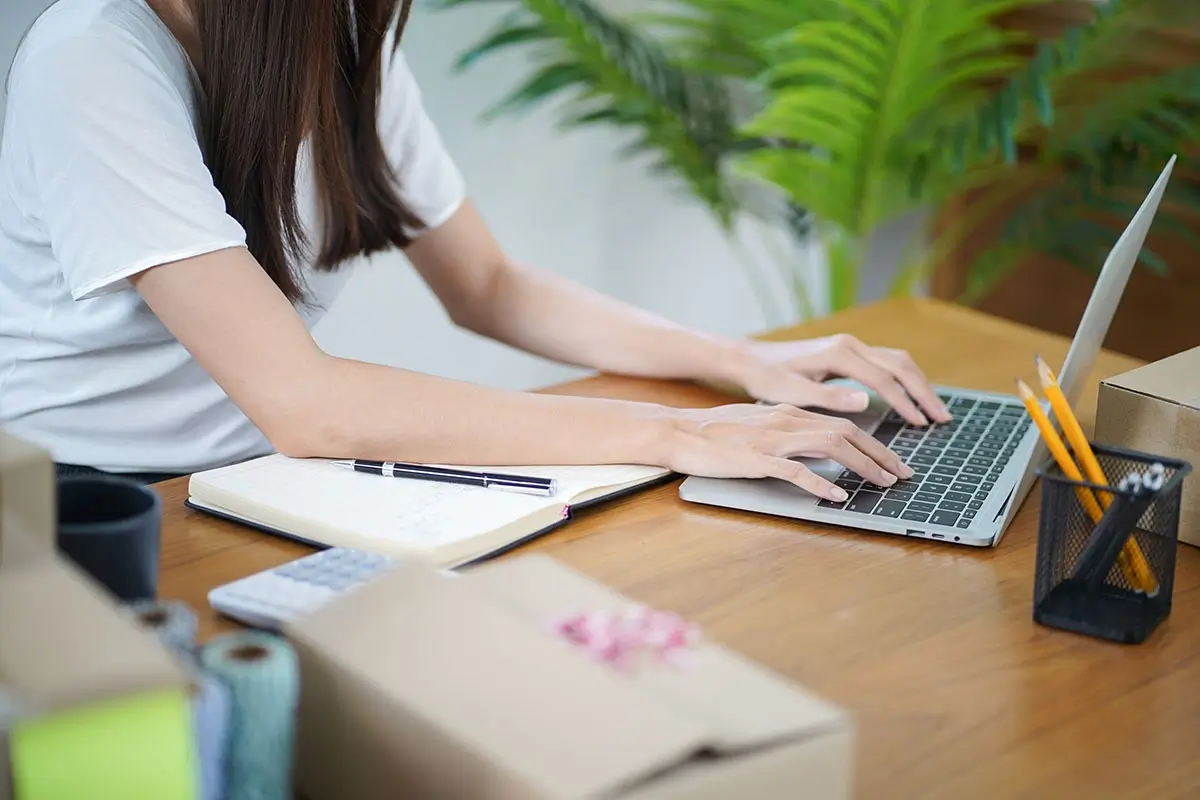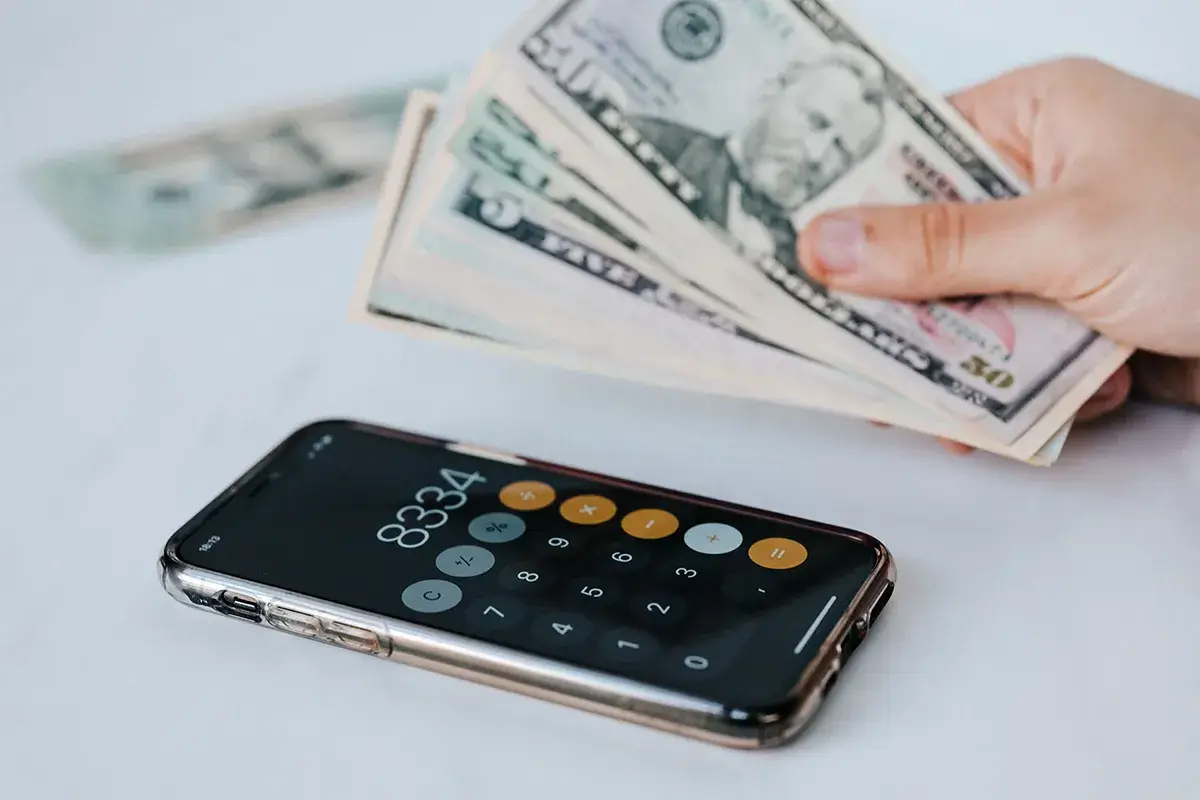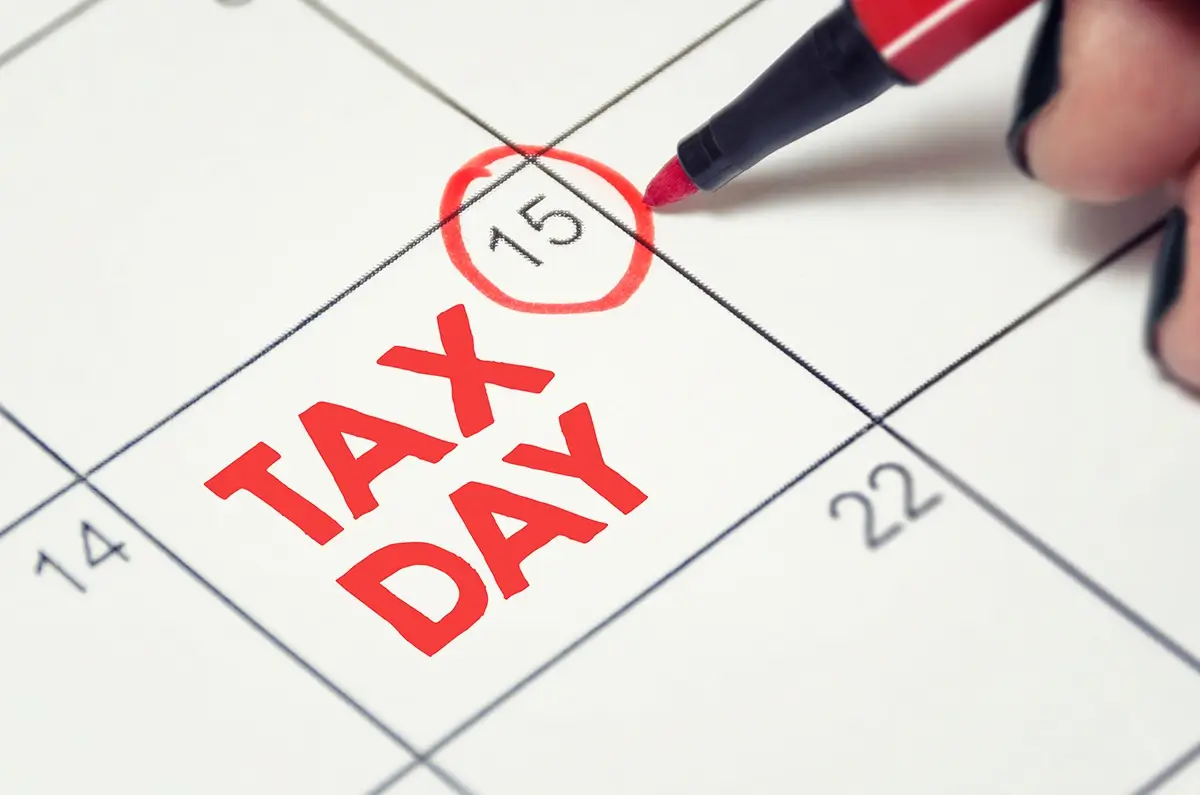An emergency fund is useful to have for those unexpected expenses that pop up. You typically want to set up a separate bank account and leave your emergency fund money there so that when unexpected expenses come up, you know where to go and can access the money easily. Some examples of what a typical unexpected expense would be is; major car fixes, an emergency room visit, home repair or appliance replacement, or sudden unemployment. The financial buffer an emergency fund provides can help keep you afloat in a time of need without having to rely on credit cards or take out high-interest loans. This is especially important if you already have these obligations.
How Much Should You Save?
This is going to depend on your financial circumstances; however, a good rule of thumb is enough to cover 6 months of living expenses. This can be a large number, so start where you can. This will help ease your mind if something tragic or unexpected job loss occurs. The best way to start is small, put something away now and build your fund over time. Having just $500 can help in a lot of circumstances and relieve a lot of stress.
Getting Started on Your Emergency Fund
Getting started is the hardest part. Let’s break this down into small chunks and find a manageable place to start. There are many little things you can do to add a couple dollars here and there, then there are things that you want to look at to see where you can make bigger impacts.
- Save your change – if you pay cash for something save the change and the small bills. If you break a $20 and your change is $6.73 drop it in a jar at home, once your jar is full, put it in your savings account.
- Sell unwanted or unused items in your house. Have a garage/yard sale and take the profits and put them into your savings account.
- See if your bank has a transfer the change process. Some banks will allow you to round up for every transaction you use your debit card for. If you spend $3.37 it will automatically $0.63 to your savings account. This can add up quickly.
- Review your checking account, see how much money is left at the end of the pay period and move that into your emergency fund.
- Do an automatic transfer on payday. This way you don’t see the money, it just goes right into your emergency fund. Can you afford to move $20 a week over? If so, you just saved over $1000 over the course of a year.
Now let’s talk about making changes to have a bigger impact and grow your fund larger.
- Add on a second job, it doesn’t have to be another full-time job, maybe something that you work a few hours a week. Take everything you make and add it to your emergency fund.
- Cut expenses. Look at your monthly budget and see where you can cut expenses. Do you have a monthly recurring bill that you can eliminate and live without? Are you paying for a gym membership and not using it? Do you stop for breakfast or coffee every morning? Is this something you can give up for 6 months or so and put that extra money into your emergency fund?
- When you file your annual taxes, consider having your refund deposited directly into your emergency account. Alternatively, you can adjust your W-4 tax form so that you have less money withheld. Then direct the extra cash into your emergency fund.
There is no one sure fire way to save money, however if you cut a little bit for several sources and put it away you will be surprised how much you can save. You may even realize you can cut more. The best thing to do is make a plan and do your best to stick with it. If you need help, seek the advice of a Financial Planner. There are many ways to impact your savings. You just need to plan and think outside the box.












